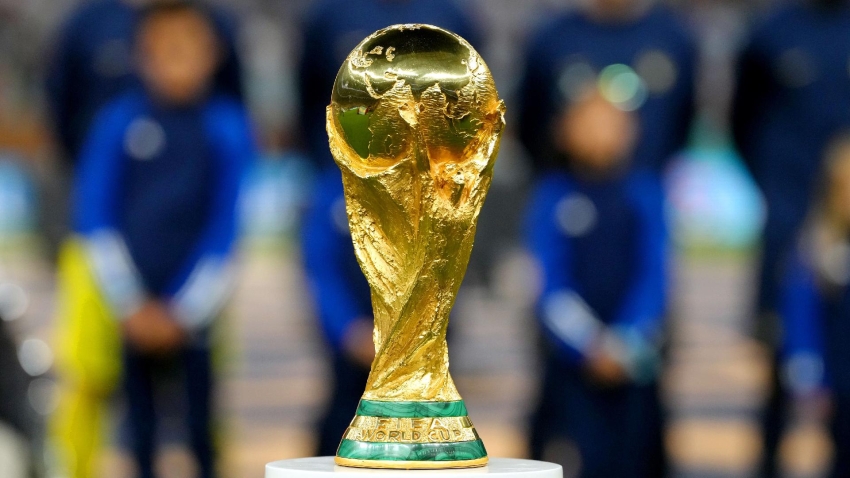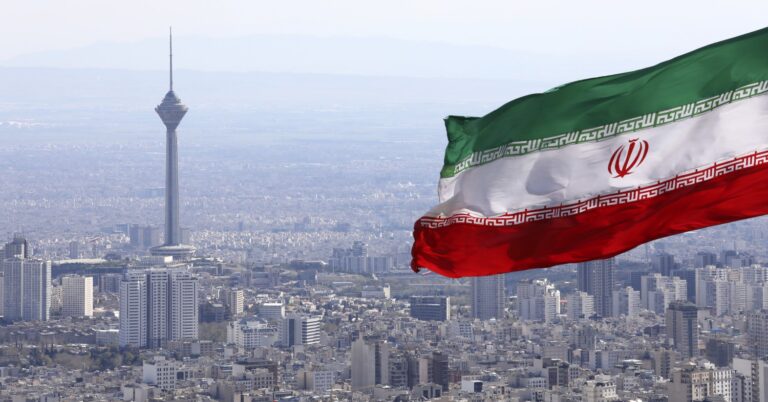FIFA was once more urged to permit independent examination of the kingdom’s human rights commitments for the tournament, two months before the soccer organization is scheduled to certify Saudi Arabia as the host of the 2034 World Cup.
FIFA should need continual assessments and maybe a termination provision in the 2034 World Cup hosting deal, according to a group of legal and human rights specialists and Saudi campaigners overseas.
The advisers who traveled to Zurich on Friday hope that FIFA president Gianni Infantino, who has extensive ties to Saudi soccer and political figures, will take note of the selection of Qatar as the 2022 World Cup host. When Qatar won in 2010, FIFA’s then-leaders gave little consideration to reputational risks and legal protections.
Like Qatar, Saudi Arabia is a traditionally conservative nation in need of a massive construction project involving migrant labor to build stadiums and other infrastructure for the biggest soccer event in the world.
British attorney Rodney Dixon told The Associated Press, “There really aren’t any excuses anymore.” “They ought to do that if it implies that they must reach a different kind of agreement in December.”
Following the Dec. 11 decision made at an online meeting by more than 200 FIFA member federations, World Cup hosting contracts will be finalized. For 2034, Saudi Arabia is the only contender.
Dixon remarked, “We are not naive,” and vowed not to oppose FIFA. FIFA is not here to make the world a better place. They are not the United Nations.
The briefing in the home city of FIFA took place two days after Saudi Arabia’s petition to be granted a three-year seat on the 47-nation Human Rights Council was turned down by the UN General Assembly in New York.
The prospective FIFA advisors brought up Saudi Arabia’s record on assembly and expression rights, as well as restrictions on women’s freedoms due to labor rules and male guardianship regulations, on Friday.
When Infantino was first elected in 2016, FIFA wanted a human rights plan from future World Cup hosts due to the heavy criticism surrounding Qatar’s handling of migrant labor.
The men’s tournament bid regulations for 2030 and 2034 make reference to “activities in connection with the bidding for and hosting” rather than rights in general public policy.
Human rights and legal experts made FIFA an offer in May to establish an impartial mechanism for tracking developments in Saudi Arabia.
“We are here in Zurich to try again,” declared Swiss law professor Mark Pieth, who served as FIFA’s anti-corruption advisor from 2011 to 2014. They had been turned down.
Saudi Arabia released its World Cup preparations in July, which included 15 stadium projects and a review of its human rights strategy by the lawyers it selected.
Over 13 million migrant laborers, or roughly 40% of the kingdom’s population, are employed. Human Rights Watch researcher Joey Shea said on Friday that the organization has evidence of “severe labor violations” against these workers.
She issued a warning, pointing out that while rights groups have restricted access to work in Qatar prior to the 2022 World Cup, Saudi Arabia is “zero accessible.”
Saudi soccer officials have often stated that the kingdom is making strides toward social changes as part of Crown Prince Mohammed bin Salman’s Vision 2030 initiative to modernize and establish a post-oil economy.
On Friday, the 2034 bid campaign was contacted.
The Middle East Democracy Center’s Abdullah Alaoudh emphasized that “the human rights situation in Saudi Arabia has worsened under Mohamed bin Salman’s leadership” in a video message from Washington, D.C.
Dixon cited the World Economic Forum’s ranking of Saudi Arabia as number 131 out of 146 countries in relation to gender issues.
“So many laws discriminate against women,” he remarked. “The Saudi bid addresses none of them.”
Reports on FIFA’s evaluation of World Cup bidders are anticipated in early December. It also needs to evaluate the human rights plan of the only contender for the 2030 World Cup, which is Morocco, Portugal, and Spain, who are co-hosting Argentina, Paraguay, and Uruguay for their individual matches.
FIFA stated on Friday that all pertinent studies, including the independent human rights context evaluations and the bidders’ human rights strategy for the 2030 and 2034 editions, were accessible on their website.
Since Saudi Arabia was given priority for the 2034 World Cup, FIFA and Infantino have not conducted a press conference to address inquiries on World Cup bids. This is as of one year ago.
The likelihood of a protest on December 11 among FIFA voters has decreased.
FIFA said last week that votes for the 2030 and 2034 awards will be consolidated into one. Any opposition from Europe to the Saudi proposal would also work against Portugal and Spain. It is conceivable to win by acclamation in the absence of an itemized vote.
Pieth stated, “The least would be to ensure that the bare minimum of these (human rights) requirements is actually upheld if FIFA is desperate to award Saudi Arabia the World Cup.”




















+ There are no comments
Add yours